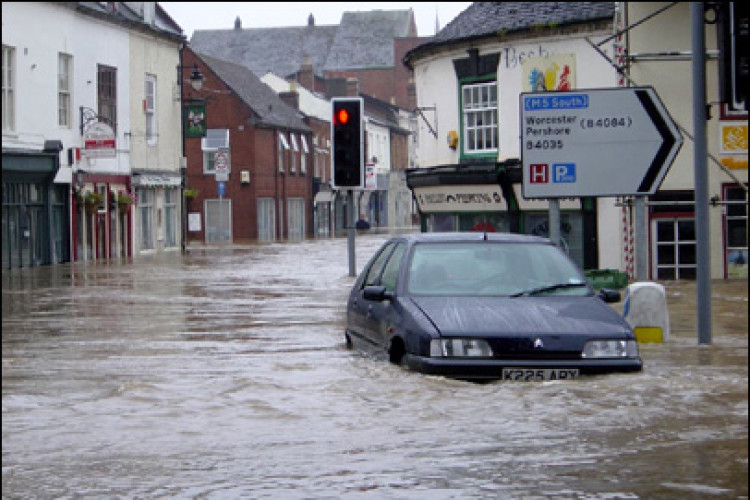Above all, it calls for public spending on construction of infrastructure to protect property to be more than doubled to £1bn a year.
Instead of simply building higher and higher flood defences, the draft strategy recommends the use temporary barriers, natural flood management, sustainable drainage systems, effective flood warnings and emergency response, alongside designing and adapting existing properties and new development so they can recover quickly from a flood.
Consultation on the new floods and coastal erosion risk management strategy opens today, 9th May 2019 and runs for eight weeks up until 4th July 2019. Once the consultation has closed, the Environment Agency will review the responses and publish a final document that will then be laid before parliament in winter 2019.
Environment Agency chair Emma Howard Boyd said that the Environment Agency is preparing for a potential 4°C rise in global temperature and that action is needed to tackle more frequent, intense flooding and sea level rise.
The strategy calls for all infrastructure to be flood resilient by 2050.
In addition to resilience measures, an average of £1bn will need to be invested each and every year in traditional flood and coastal defences and natural flood management.
The government is currently spending just £430m a year on flood and coast defences.
As well as taking precautions to prepare for flooding and prevent damage, the strategy calls for more to be done to encourage property owners to ‘build back better’ after a flood. This could involve home improvements to make them more resilient, such as raised electrics, hard flooring and flood doors. The Environment Agency will work with government, insurers and financial institutions to review how to bring about this change by 2025.
In some cases, the scale of coastal change may be so significant that the concept of ‘build back better’ may not be appropriate. Instead, communities may have to cede territory to the sea and move out of harm’s way, the Environment Agency says.
Flooding and coastal change projects should support local economic regeneration, unlocking potential for new housing and business, it says.

Emma Howard Boyd said: “The coastline has never stayed in the same place and there have always been floods, but climate change is increasing and accelerating these threats.
“We can’t win a war against water by building away climate change with infinitely high flood defences. We need to develop consistent standards for flood and coastal resilience in England that help communities better understand their risk and give them more control about how to adapt and respond.”
Environment minister Thérèse Coffey said: “Flooding and coastal erosion can have terrible consequences for people, businesses and the environment. That’s why we are already providing £2.6bn over six years, delivering more than 1,500 projects to better protect 300,000 homes.
“But the threat of climate change will mean an increasing risk and preparing the country is a priority for the government, and the nation as a whole. I am pleased to announce that we will be launching a call for evidence to inform future action towards flood and coastal erosion risks, building on the important draft strategy the Environment Agency has launched today.”
Sir John Armitt, chair of the National Infrastructure Commission said: “Climate change is a real and growing threat to our way of life and nowhere is this felt more keenly than those parts of the country facing an increased risk of flooding. So we welcome the Agency’s approach and their endorsement of our call for a national standard for flood resilience.
“In many cases, we won’t be able to stop flooding and coastal erosion. But that doesn’t mean we should just accept it. We must ensure that communities are resilient and as our assessment showed, this is affordable and achievable.”
“It’s essential that the government’s National Infrastructure Strategy, published this autumn as part of the spending review, adopts our recommendation and backs this up with a robust and effective plan for funding and delivery.”
Lord Deben (formerly John Gummer), chairman of the Committee on Climate Change, said: “Everyone can see climate change accelerating. The UK urgently needs to stay ahead of worsening impacts by adapting. The Environment Agency is doing just that by setting out their flood strategy but we won’t be able to keep up with the pace of change if we don’t reduce emissions to zero. The Committee on Climate Change’s net zero report shows how to do that.”
Got a story? Email news@theconstructionindex.co.uk




